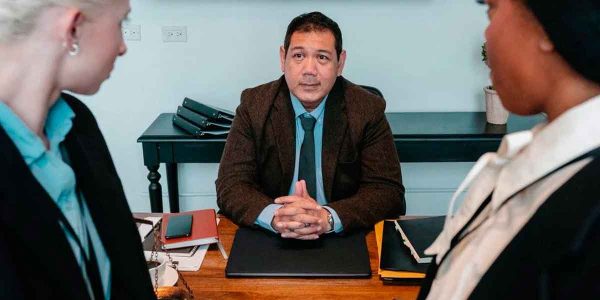Introduction
The Discovery of new assets during or after the entire probate process can have a great impact on the estate’s tax liability. It also implies that some of the probate steps that have already been taken by the court will be required to be repeated.
Locating all assets when Probate Attorney found assets after probate
Probate, also known as estate administration. Therefore, it is the entire process involves the identification of deceased assets and liabilities. At the same time, distribute the same to their beneficiaries. The first hurdle that needs to get overcome in the probate is identifying the deceased person’s estate assets. So, what happens if a probate attorney finds assets after probate.
The probate lawyer can use different tools to try and identify every asset. That is to deal before the commencement of the estate administration process. It is possible to uncover paperwork for unknown assets by following some simple but time-consuming steps.
Also, it is always advisable to contact all the relevant banks and other financial institutions where the deceased had accounts. They can help in advising on the current situation regarding the potential accounts. Thus, the assets of the deceased need to complete.
Probate Attorney Discovering additional assets after probate
Hopefully, the estate administrator will not make mistakes. Thus, finding the additional assets after probate must avoid. However, it is possible that even after the best intentions and preparations.
One might discover some additional assets during or after the completion of the probate process. In such a case, the individual needs to follow the correct steps, and this might mean going back over the entire work that one thought they had completed.
If additional assets discover after the issuance of the grant of probate, then there will need to value new assets. Also, instructions from the institutions managing the assets like a bank will know if the grant of probate requires them to release the asset to the specific person as the personal representative.
In the first place, including the application had important to add value to the newly discovered assets of the estate.
What does Probate Attorney do if one finds status after probate?
The executor was responsible for notifying the court that handles the probate process initially after discovering additional assets. It is at the discretion of the court to allow the executor to distribute the newly found assets among beneficiaries or heirs without reopening the estate.
However, some states might require opening a new probate claim. In such a case, either the same person can act as executor or a new one can be appointed. The executor or probate lawyer will have to go through the same steps or processes that require probate to disburse the newly-discovered assets.
Additionally, creditors who are able to pursue a claim successfully during the initial probate may authorize to make a new claim against these additional assets. It is based on the deceased person’s will that the new assets are distributed among the beneficiaries or heirs.
Inheritance Tax
This change in the total value of the estate could also make the new estate liable for the inheritance tax that might not be liable before. Or, in case the estate was already taxable, the court might demand the executor pay more inheritance tax on the increased assets.
In such cases, it is important to report valuations of the new estate to the customs department. It arranges the outstanding tax and any interest accrued on the tax account. After six months of the descendant’s death that the court incurs the interest on the total sum of inheritance tax.
Conclusion
It is the tax liability of the estate which has a major impact after the discovery of additional assets. After completion of the probate. However, the beneficiaries are eligible to inherit these newly found assets. A probate lawyer or executor needs to repeat some probate steps to make the same possible, which can consume time.







